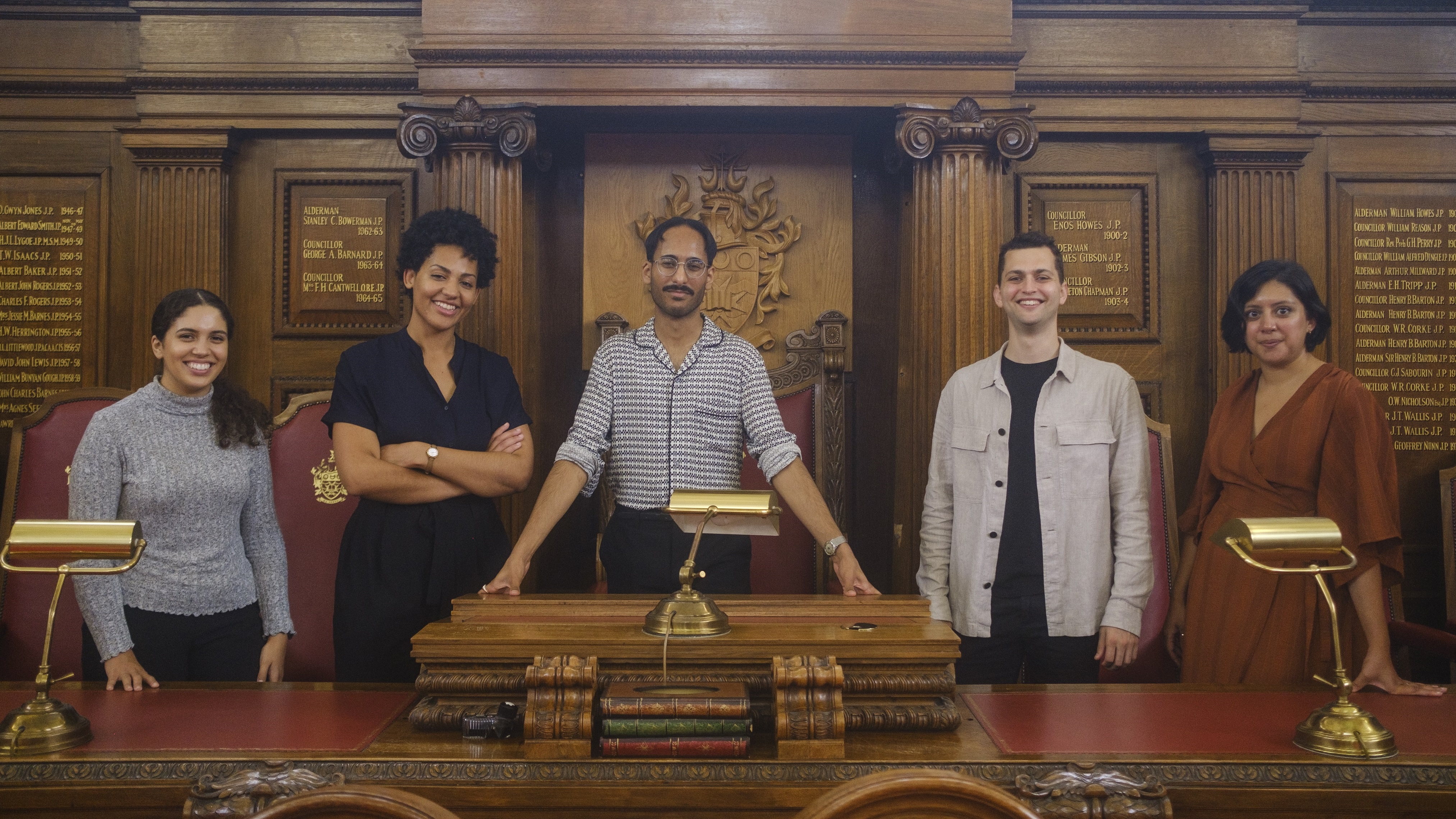There are over 800 service areas in local government, including social work and environmental health, planning, social care, regeneration and housing.
The NGDP programme has been an incredible learning opportunity for me, both personally and professionally. I have developed so much, made strong connections with grads across the country and thoroughly enjoyed my time at Oxfordshire. I can’t recommend local government highly enough"
Emily, based in Oxfordshire
Councils are the backbone of our country, affecting all of our lives on a daily basis – whether we realise it or not – and supporting the most vulnerable members of our communities in ways that transform their quality of life. The economic, social and environmental wellbeing of their area also falls within council remits.
The NGDP partners with over 100 local councils every year, all of whom have their own distinctive cultures and ways of working – this is one of the great strengths of the sector. Much of the distinct ethos in each council is based on the vitally important role of local councillors (elected members), who provide the democratic link between council services and the communities they serve.
I couldn’t rate the scheme any higher for graduates looking to springboard their public sector career, and their impact on society.”
Ollie, based in Windsor & Maidenhead
There are over 800 service areas in local government, including social work and environmental health, planning, social care, regeneration and housing. No other sector of the national economy has such a wide range of occupations.
Around 1.7 million people are employed by local government employees in England and Wales, and often councils are the largest employer in their local area. Adding to this, there are more than 20,000 democratically elected councillors.
The local government workforce has to deliver services on a very tight budget, and the way council money is spent is closely accounted for and held up for public scrutiny. Local government in England and Wales is funded by grants from central government (about 48 per cent), business rates (charged to local companies – about 25 per cent) and council tax (charged to local people – also about 25 per cent). The rest comes from sources such as car parks, parking permits, the hire of sports facilities and other commercial endeavours.
Communities are evolving and there is now an even greater need to engage with and provide tailored services for an increasingly diverse population. This work encompasses a wide range of areas and issues, including: children and young people; the environment; health and social care; housing; leisure; and community safety. Every day is challenging, and every day is rewarding.
Councils are looking forward to welcoming skilled, experienced and resourceful employees who will embrace and effect change. You can expect to share information and liaise with many different groups – from consulting with local residents to working in partnership with other organisations. Councils have shown that they have a strong commitment to diversity and as a new employee you will be able to develop your career and be supported in an ever changing and exciting environment.

